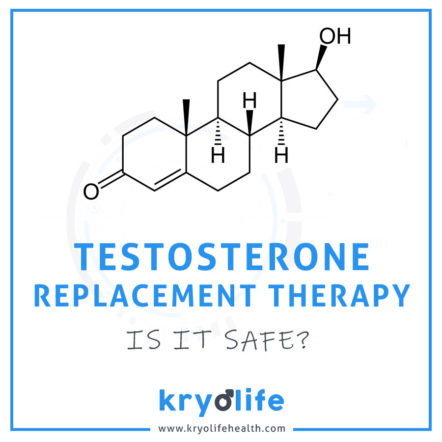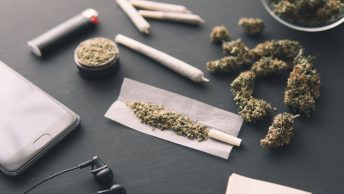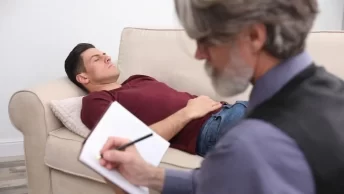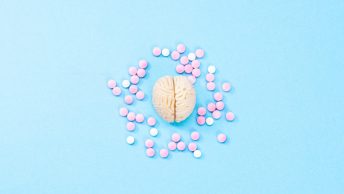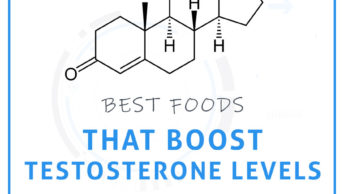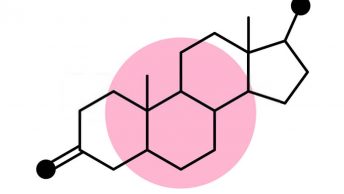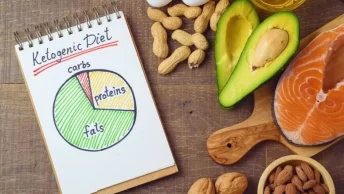Quick summary
- Testosterone is a hormone responsible for inducing masculine characteristics in human males and plays a crucial role in various metabolic functions such as muscle development, bone synthesis, and stamina.
- Testosterone levels in males decline with age, stress, and lifestyle factors and can result in symptoms such as fatigue, decreased sexual function, and muscle loss. Testosterone replacement therapy (TRT) is a modern-day remedy for low testosterone levels but requires a doctor’s consultation and approval.
- Testosterone therapy can help restore some normal functions but is not a proven cure for reversing aging. The therapy has potential risks such as skin reactions, blood clots, and prostate gland growth. While successful attempts have been reported in restoring sexual functions in males with hypogonadism, the therapy is still far from being a replacement for natural testosterone.
Testosterone is the most important hormone for man because without it masculinity has no meaning at all.
Sadly, testosterone decline in a human male as they age, and it can also dwindle with some disorders or even stress.
Supplement manufacturers and pharmaceuticals saw a potential market in this dwindling testosterone, and the latest hot thing is ‘testosterone therapy.’
There are a lot of misconceptions regarding the therapy, and debunking them would ensure a positive track for people to make use of this therapy.
In this article, we will explore about testosterone therapy, its safety aspect, targeted group, risks involved, and other benefits.
So, without stretching further, let’s start.
Read more: Testosterone Injections: Are They Right For You?
What is testosterone?

Testosterone is a class of hormone responsible for inducing masculine characters in human males.
They belong to the group of hormones called ‘androgen,’ which are responsible for reproduction in men.
Apart from reproduction, testosterone helps in developing male sex characteristics like the growth of facial hair, deepening of the voice, development of muscles, feeling of sexual desire, all upon hitting puberty in males.
Apart from inducing sexuality and assisting reproduction in men, testosterone has various other metabolic duties to fulfill.
They stimulate the bone marrow to synthesize ‘red blood cells’ and also has a vasodilating property due to which blood vessels widen and carries more blood.
More the RBC better will be the rate of oxygenation, and thus the organs and tissues will function properly.
T-hormone is very important in the development of muscles, bones, and building stamina, and this is one reason why males are physically superior to females by default.
Other than that, higher the testosterone more will be your attention and focus, thus enabling better cognitive capabilities.
How can testosterone decline?
There are several reasons that can cause a decline in testosterone on the human body.
The first and foremost factor is ‘aging,’ and it is inevitable.
Levels of testosterone start dropping once you hit your 30’s.
While the drop in levels is low until your 40’s, it becomes more prominent as you hit 50’s.
A man in his 60’s has half the testosterone he had at his 30, and this decline starts affecting one’s daily life.
Apart from age, lifestyle and diet are the next big factors that can result in declining testosterone.
Fatty and oily food would result in LDL cholesterol accumulation, and studies have shown the negative effect of LDL on testosterone levels.
There are two categories of the physiological reasons that cause low testosterone
- Primary: caused by damage to testicles.
- Secondary: caused due to problems in other associated organs or intermediate signaling steps.
Stress has also found to be a culprit that can unconditionally cause a drop in the levels of testosterone.
How do I know if I’m low on T-hormone?

If a person is low on testosterone, the body reflects it very quickly, and it is our duty to pick those signals.
The effects are seen physically, mentally, and sexually, such that it is impossible for a person to miss all of it.
Starting with the psychological impact of low testosterone, it is easy for a person to slip into depression, followed by low self-esteem.
The person will also lack the confidence to take up things and would exhibit decreased concentration and high irritability.
Sleep apnea, insomnia, or disturbed sleep are sometimes the symptoms of decreasing testosterone levels.
Some of the physiological effects include:
- Lethargy and fatigue throughout the day.
- Feeling tenderness on the breast.
- Accumulates a lot of body fats.
- Weight gains.
- Reducing muscle mass and body shape.
- Brittle bones.
The sexual effects are the easiest of all to pick since any drop in sexual function shall directly be linked to declining levels of testosterone.
Low libido, erectile dysfunction, premature ejaculation, low sperm count, lack of sexual desire, and vigor are some the symptoms.
What is testosterone replacement therapy?
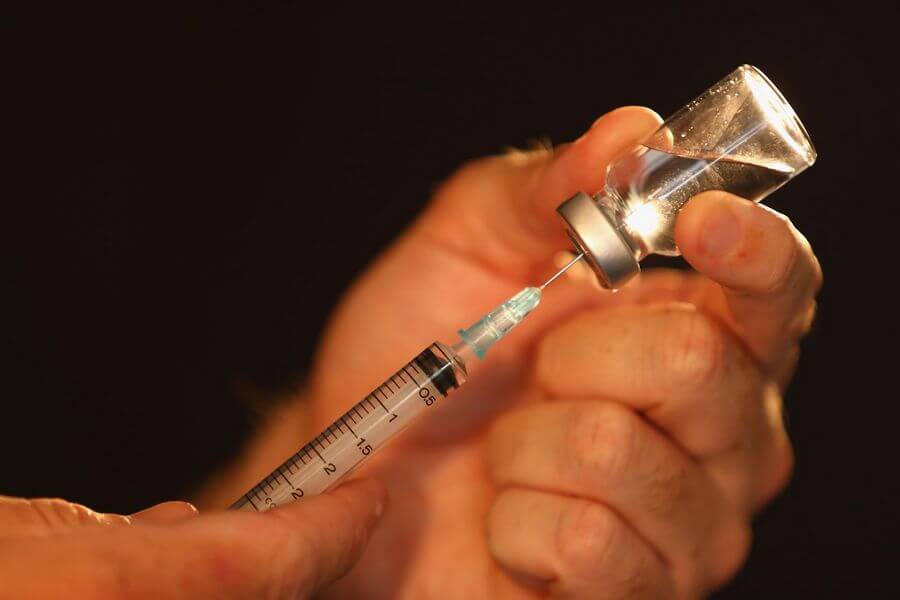
Testosterone therapy or testosterone replacement therapy (TRT)1 is a modern age remedy for low testosterone (hypogonadism) in men.
Unlike the common belief that it can be taken up by anyone, one must need a doctor’s consultation and approval to start TRT.
In the actual treatment, a patient is administered with a consistent dose of synthetic or natural testosterone through artificial means.
The mode of delivery can vary depending on the patient, gender, age, amount of hormone that is needed to be delivered, tenure of the therapy, and other medications.
Injecting testosterone is a viable and effective option, but on a long-term basis, it is difficult.
Patients who require therapy for a longer period can use gels which are applied on shoulder or thigh skin and allowed to dry for it to gets absorbed into the bloodstream.
Patches are much more effective than gel and can be applied on arms or parts of the upper body.
A mouth patch is preferred in certain cases where the absorption happens much quicker than other routes.
In modern medicine, several implants are available that can release testosterone consistently for years without the need for a doctor’s intervention once fitted.
Unlike steroids, the TRT only restores the normal range of testosterone while the former are chemically similar compounds that can substitute the testosterone activity, thus scaling up the effect.
Will testosterone therapy make me young?
Birth, youthfulness, old age, and death are all a biological wonder or the law of nature that keeps things in balance.
The resources are limited in the confined space of earth and sustaining something for a longer duration isn’t the most viable option.
That is the reason why living organisms age and dies. In the case of humans, nature has set a time frame to nurture, thrive, and perish.
‘Being young’ is never an eternal choice for us, and it is only meant to last for a few years.
Testosterone therapy can help those who are unable to flourish in their allotted time frame of youthfulness.
Though the therapy can bring back some of the effects of youth, it can’t replace it like how it is supposed to be.
Usually, men in ranging from 30 ~ 50 years are mostly using testosterone therapy, and the majority of them can restore some level of normal function but can’t successfully resume the ‘actual youthfulness.’
In a study, older men who underwent testosterone therapy has resumed their muscle development capabilities; however, failed to restore the stamina.
Giving hope are some of the studies in which men who took testosterone therapy are found to be high on energy and sexual abilities, but couldn’t entirely reinstate their 30’s.
What are some of the risks involved in testosterone therapy?
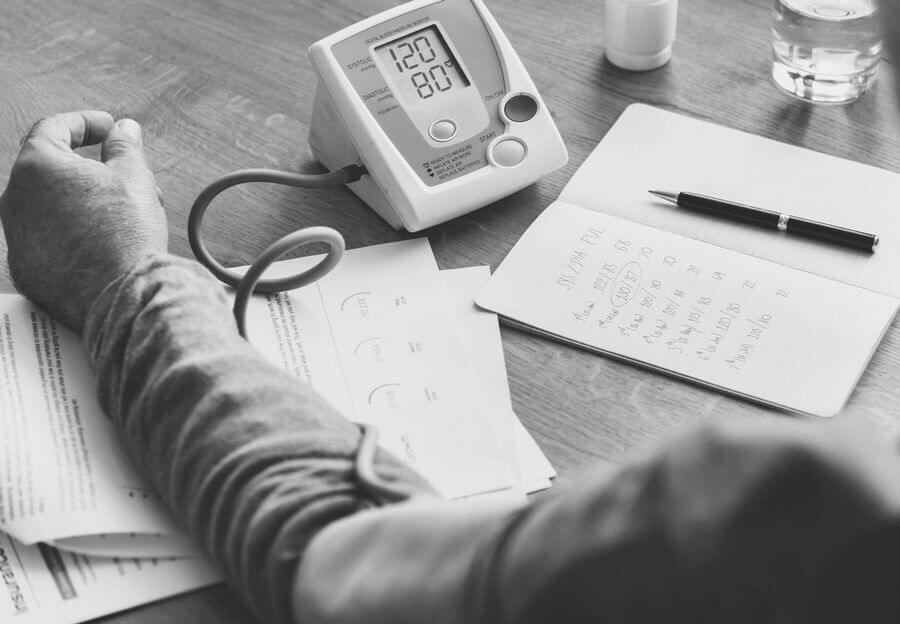
Testosterone therapy can have various levels of risk since the effect of any therapy or drug on a human body can vary slightly from that of a test subject scientist use for the study.
Some of the potential risks are:
- Can cause acne or some allergic reactions on the skin.
- Enlargement and tenderness to the breast.
- Testicle shrinkage
- Might lead to the formation of blood clots in several parts of the body.
- The above blood clots, if cut loose, might cause blocks in the bloodstream leading to pulmonary embolism.
- Might lead to sleep apnea (breathing disorder during sleep)
- Studies are pointing towards a possibility of initiating a non-cancerous growth on prostate gland after the therapy.
Though still under research, some studies suggest that testosterone replacement therapy has some cardiovascular effects leading to heart diseases.
Final verdict
Testosterone therapy is a great choice for those who suffer from hypogonadism for a longer period.
It can bring back some of the metabolic functions to normal and helps in reinstating muscle development.
However, the effect of this therapy on normal men for ‘reverse aging’ is still a debatable topic, and no valid study has ever conclusively proved it.
Unlike steroids, testosterone therapy is the best choice for restoring the t-levels due to less risk it possesses in comparison.
Many successful attempts have been reported in restoring the sexual functions of males with hypogonadism, but this therapy is still miles away from being an absolute replacement for natural occurring testosterone.
References
- Rhoden, Ernani Luis, and Abraham Morgentaler. “Risks of testosterone-replacement therapy and recommendations for monitoring.” New England Journal of Medicine 350.5 (2004): 482-492. https://www.nejm.org/doi/full/10.1056/nejmra022251

